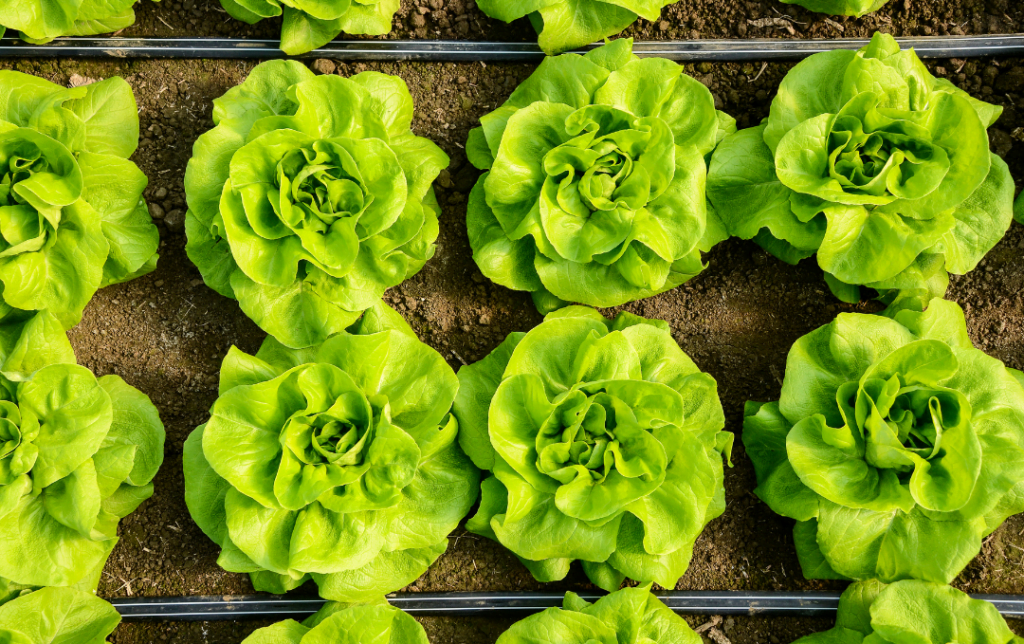Digital agriculture is transforming the farming industry.
The world of agriculture is changing rapidly, and technology is playing a major role in this transformation. Digital agriculture, also known as “agtech” or “precision agriculture,” is revolutionising the way we grow crops. Implementing these tools and techniques can truly elevate your operation.
So, what is digital agriculture exactly?
Also known as precision farming or smart farming, it is the use of technology and data analysis to improve the efficiency and productivity of agricultural operations. This can include the use of sensors, satellites, and drones to collect data as well as the use of software platforms to analyse and manage this data.
The goal of digital agriculture is to help farmers make more informed decisions about their operations, leading to increased yields, reduced costs, and improved sustainability. Hence, not only does software agriculture improve efficiency, but it also helps farmers to reduce their environmental impact.
The Evolution of Digital Agriculture
The use of technology in agriculture dates back to the 1960s with the development of GPS and automated guidance systems for tractors. However, it wasn’t until the advent of affordable, high-performance computing and the widespread availability of internet connectivity that agtech began to truly take off. In the early 2000s, a new generation of agtech startups began to emerge, offering software and hardware solutions for precision agriculture. These solutions include precision planting and spraying, precision irrigation, soil and crop monitoring, and weather forecasting, among others.
With the growth of big data and the internet of things, software agriculture has become more sophisticated, allowing farmers to collect, store, and analyse data from various sources, such as weather stations, drones, and sensor networks. This data can then be used to optimise crop yields, reduce waste, and improve efficiency. Today, software agriculture is becoming increasingly integrated with other technologies such as machine learning, blockchain, and artificial intelligence, making it even more powerful and efficient. This integration is allowing growers agri professionals to make more informed decisions, increase productivity and reduce costs.
Digital agriculture has evolved from simple GPS and automation systems to sophisticated technology that can collect, store, and analyse large amounts of data from various sources to help growers, researchers and crop advisors to make better decisions and optimise their operations.
Key Benefits of Digital Agriculture
Increased Efficiency
Digital agriculture allows farmers to use data-driven decision making to optimise their operations and reduce waste. For example, by using sensor technology to monitor crop health and weather patterns, farmers can make more informed decisions about irrigation and fertilisation.
Improved Crop Yields
Digital agriculture can help farmers improve crop yields by providing them with more detailed and accurate information about their fields. For example, precision agriculture techniques such as yield mapping and soil sensing can help farmers identify areas of a field that are performing poorly and need more attention.
Reduced Environmental Impact
Digital agriculture can help farmers reduce their environmental impact by providing them with tools to optimise their use of inputs, such as fertiliser and pesticides. For example, precision agriculture techniques such as variable rate technology (VRT) can help farmers apply different rates of inputs based on the specific needs of different areas of a field.
Improved Traceability and Food Safety
Digital agriculture can help farmers improve traceability and food safety by providing them with tools to collect and analyse data on everything from crop yields to weather patterns to equipment usage. This data can be used to improve food safety and quality, and to ensure compliance with regulations.
Five Insightful Tips For Choosing the Right Agriculture Software
Agriculture becoming increasingly digital and the software available to support farmers has become an essential part of driving productivity. Consider the following when choosing the best solution for your unique needs.
Consider your specific needs
Determine what tasks you need the software to perform, such as crop management, inventory tracking, or financial reporting.
Look for scalability
Choose a software that can grow with your business and accommodate future expansion.
Evaluate the user interface
Ensure that the software is easy to navigate and understand.
Read reviews and ask for recommendations
Research the software and talk to other farmers who have used it to get an idea of its effectiveness and any potential issues.
Check for compatibility
Make sure that the software is compatible with your current hardware and operating system.
Introducing Farm21’s Smart Data Platform for Digital Agriculture
One of the most valuable aspects of software agriculture is the ability to collect and analyse data on crop growth and soil conditions in real-time. This information can be used to optimise irrigation systems, identify areas of the field that may need additional attention, and improve crop yields. For example, growers can use sensors to monitor soil moisture levels and adjust irrigation systems accordingly, or use satellites to map fields and identify areas of the field that may be experiencing issues such as disease or pest infestations.
Farm21 set out with a mission to develop digital agriculture tools and software that will provide solutions to the real-life challenges growers and crop advisors face today. That’s why, our team of hardware and software engineers continuously work with agri experts like co-ops, data analysts and researchers. Our agriculture software ticks all the right boxes, including easy to use and understand, scalable, and seamless integration with our affordable field sensors.
Users get access to real-time data that is pulled from multiple sources including weather, satellites and sensors and scouting for a complete overview of what is happening in the fields. Valuable insights are collected 24/7 from multiple sources and accessed through on centralised digital space.
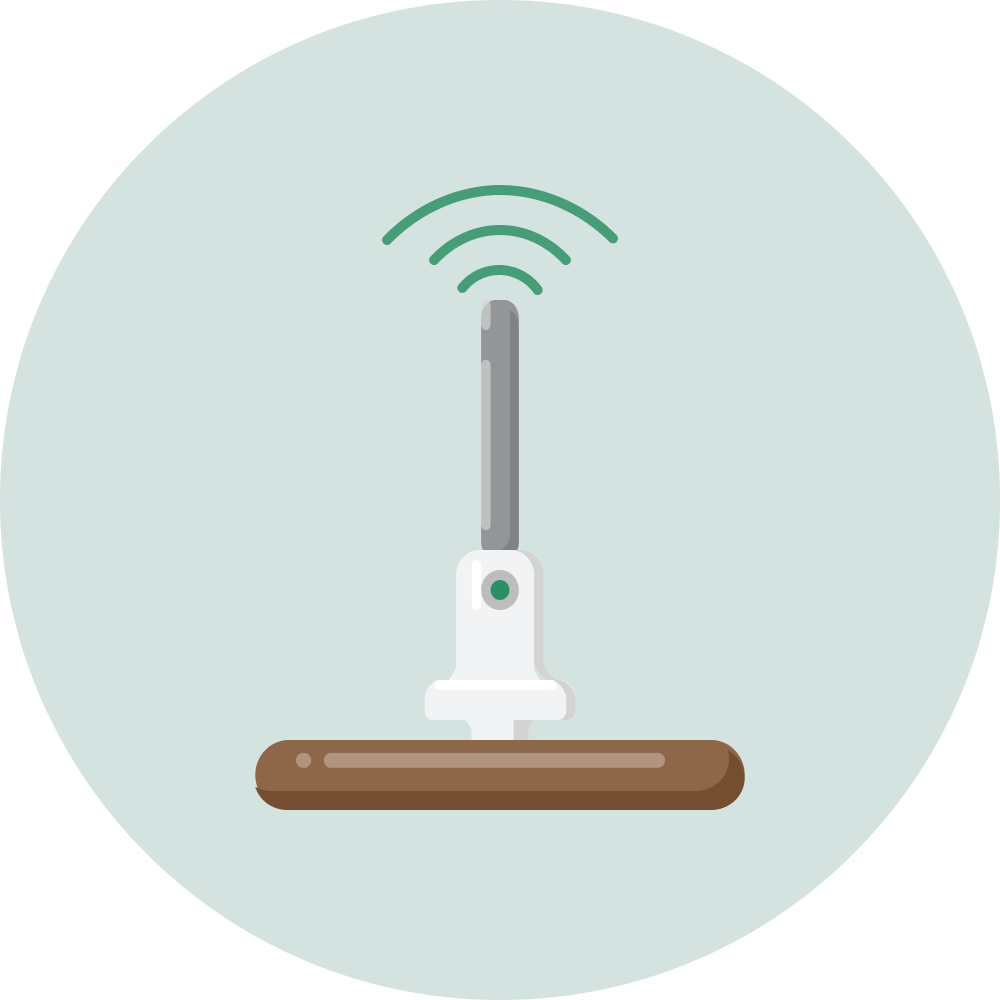
Sensor
Network of low-cost soil sensors
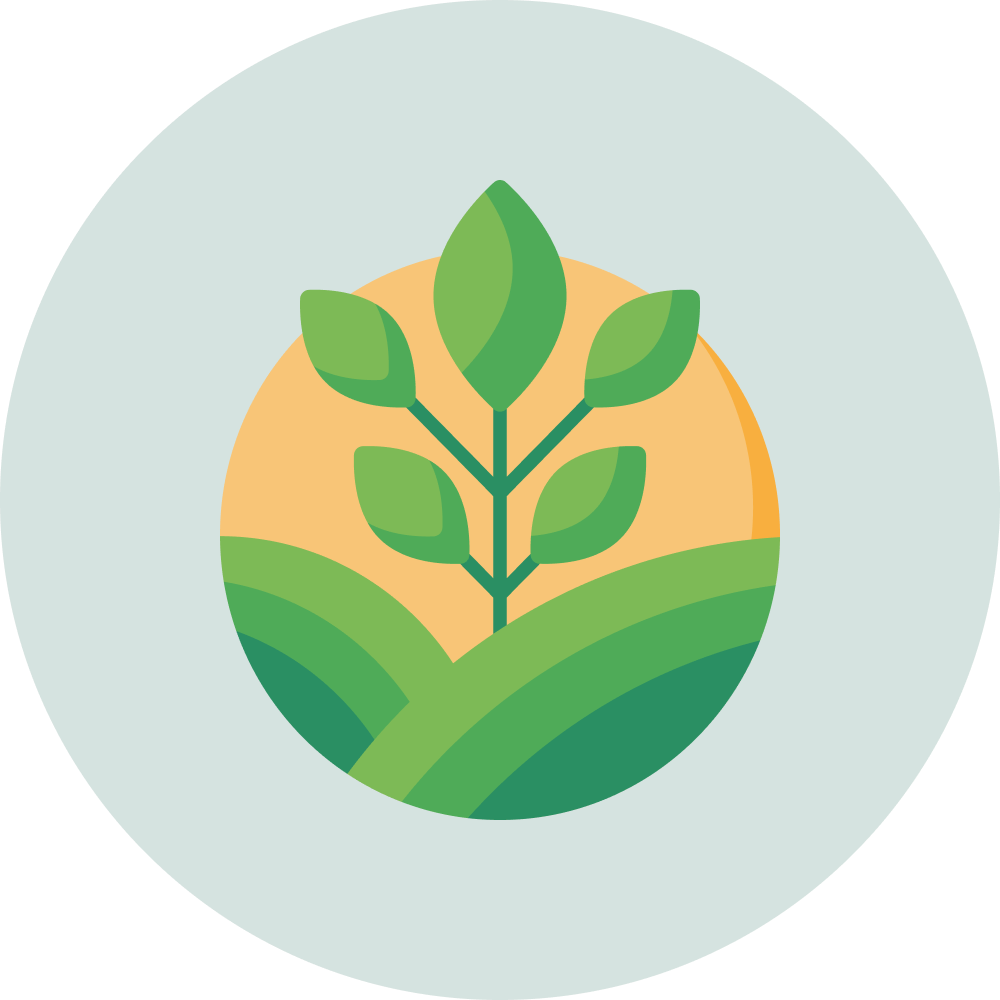
Field scouting
Up-to-date digital journal of your fields
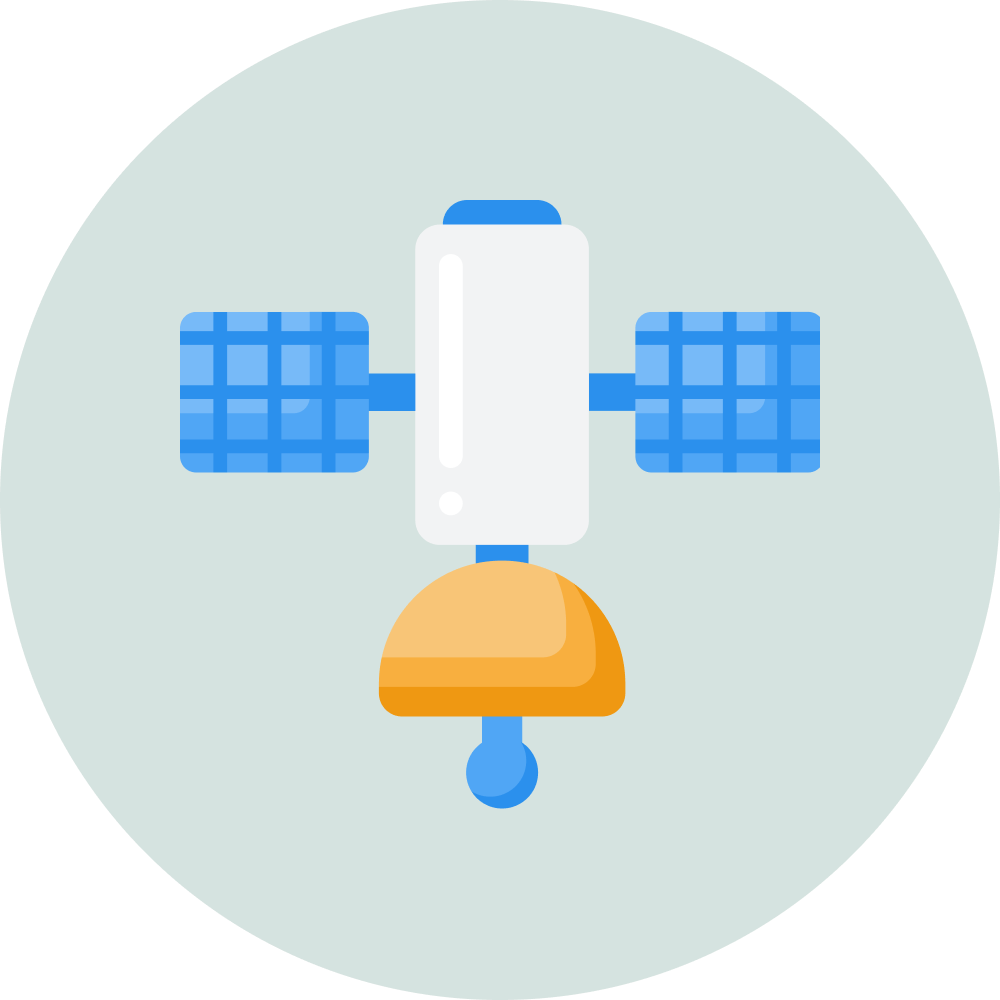
Satellite
Monitor large or remote areas
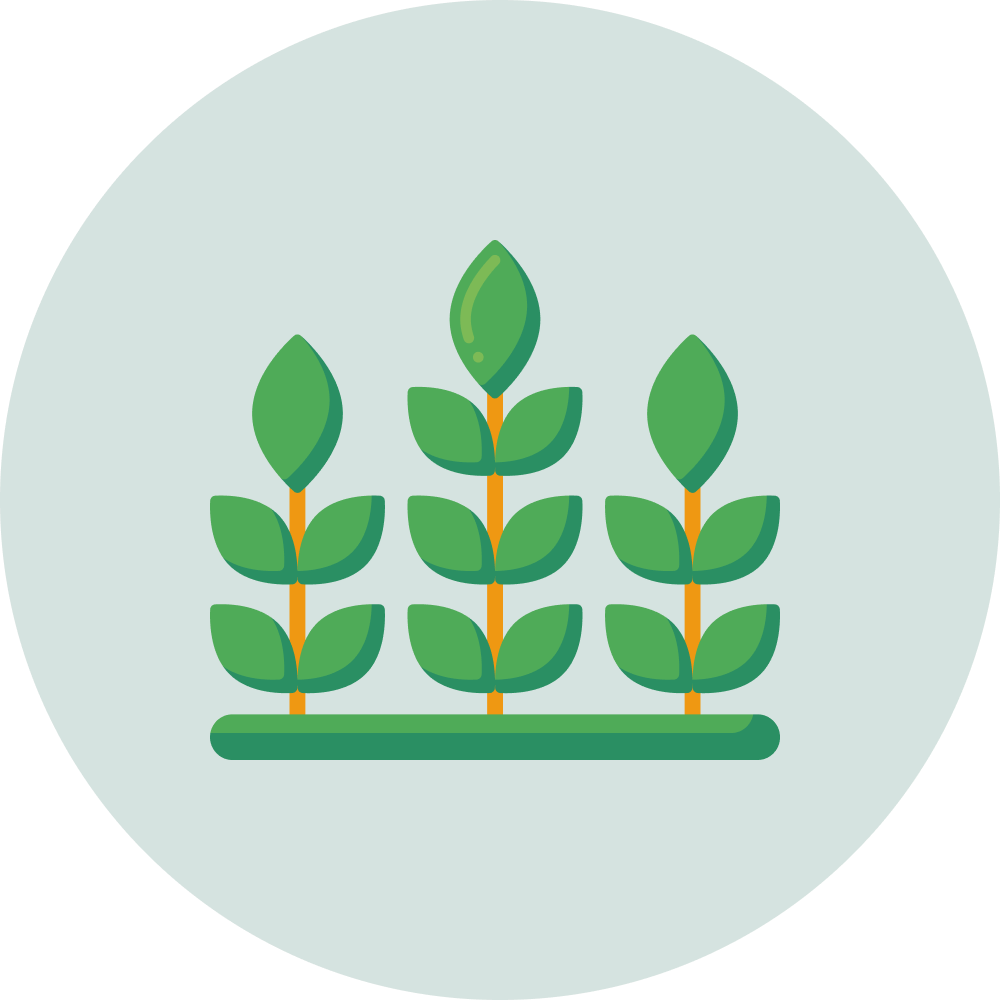
Weather
Supplementary public weather data
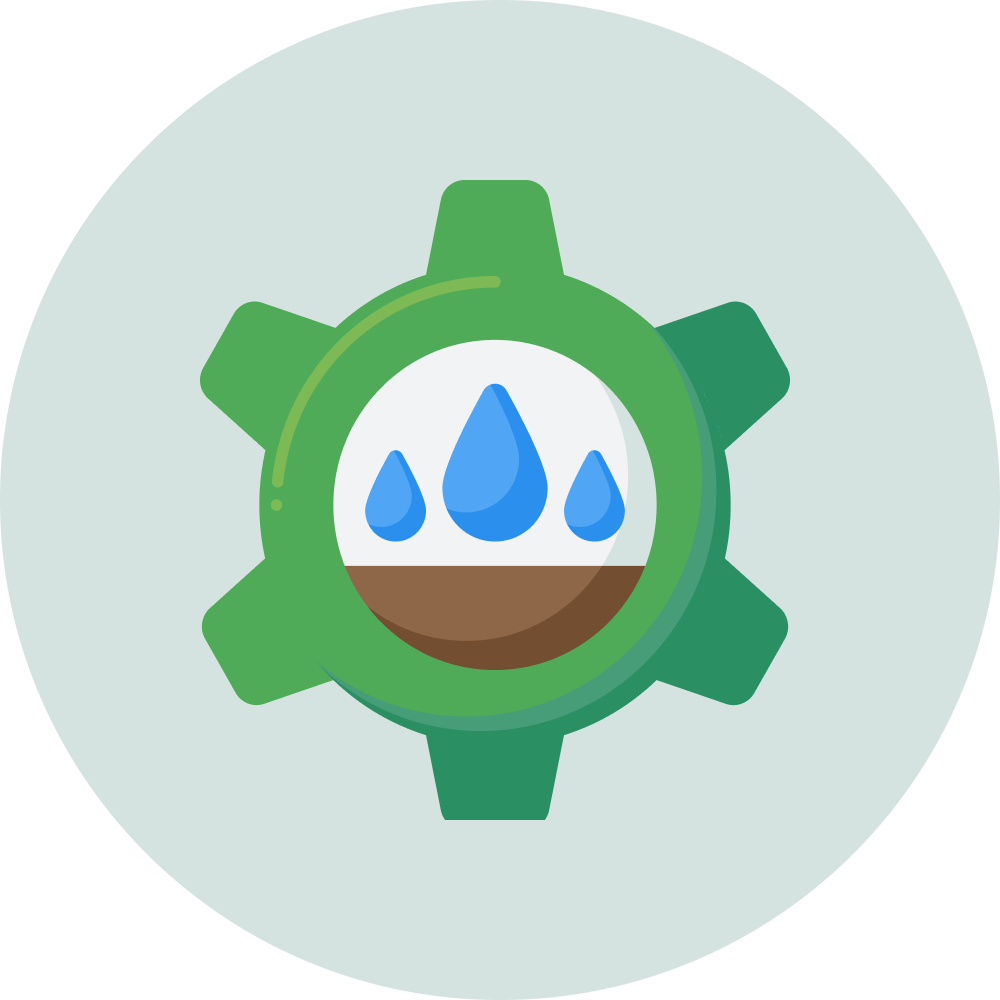
Soil
Type, temperature, texture and moisture
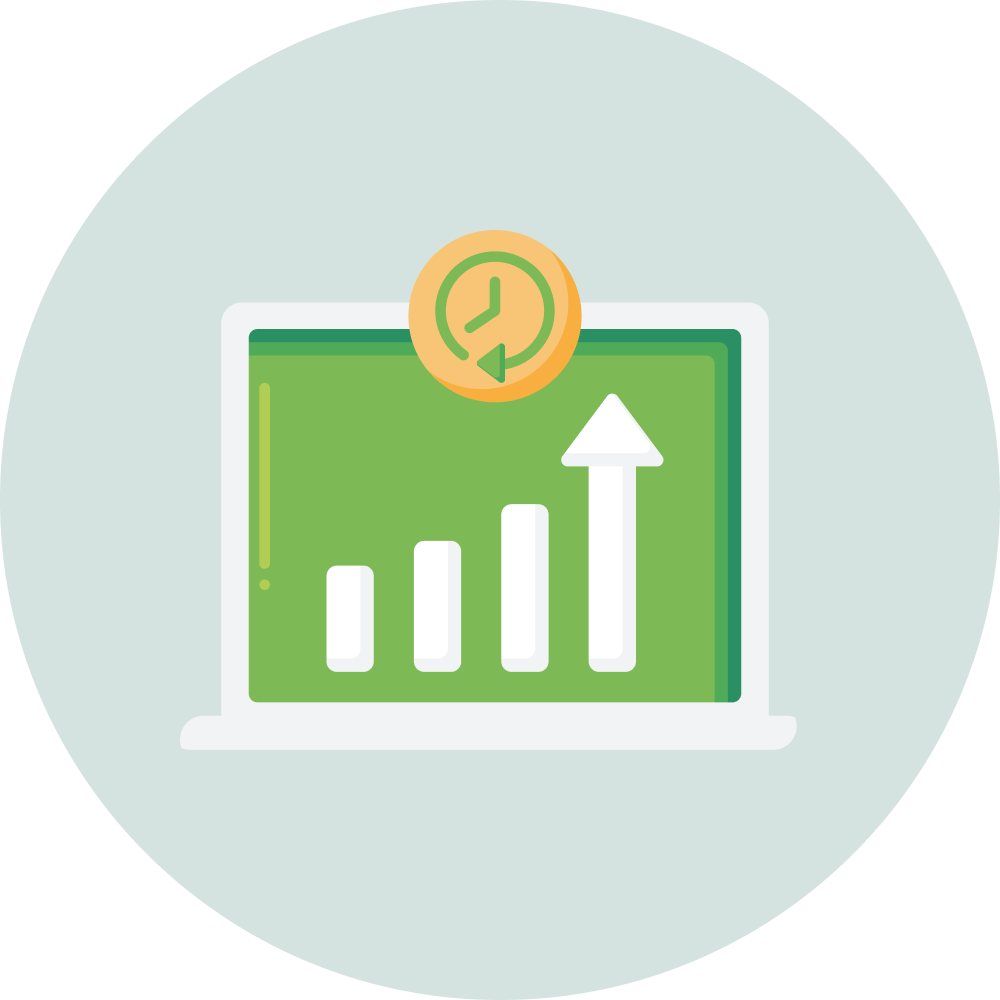
Crop
Cultivation plans and overview
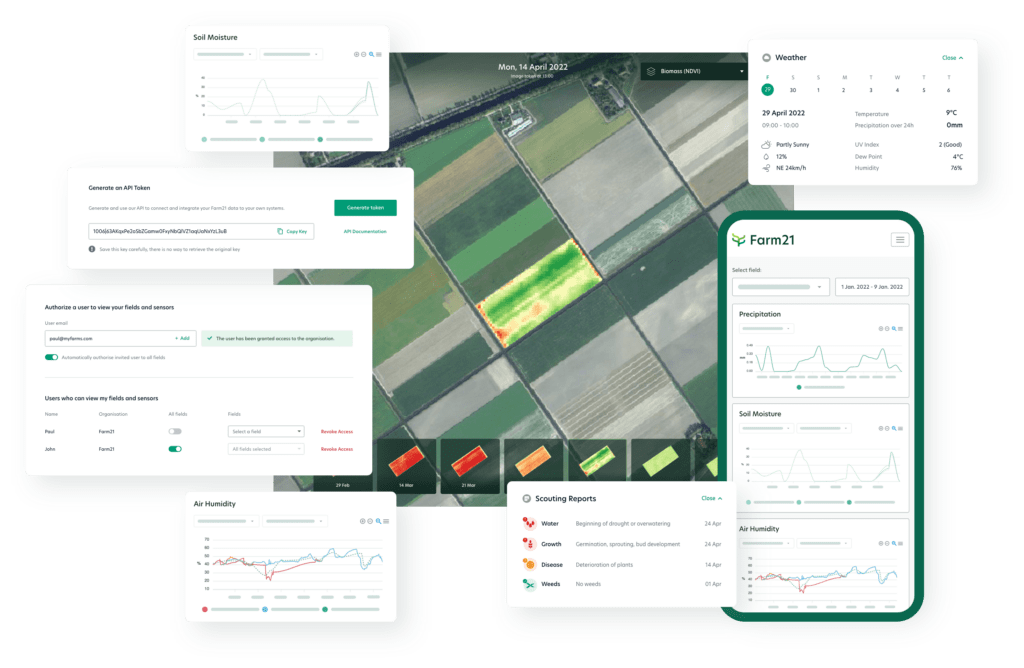
Digital Farming For The Future
Farm21’s smart data platform is a cutting-edge solution for precision farming software. It utilises real-time data and advanced analytics to provide farmers with actionable insights that can help optimise crop yields, reduce costs, and improve efficiency.
Discover trends, correlations, and risks and fine-tune irrigation, fertilisation, protection, sowing or harvesting. With Farm21’s platform, growers can make data-driven decisions that can have a significant impact on the bottom line. The platform also offers robust security features to protect sensitive data and excellent technical support.
Can Farm21’s solution work for you?
Crop advisors & Agronomists
Agriculture Researchers

Growers
Distributors & Co-ops
Developers
You? Get in touch!
